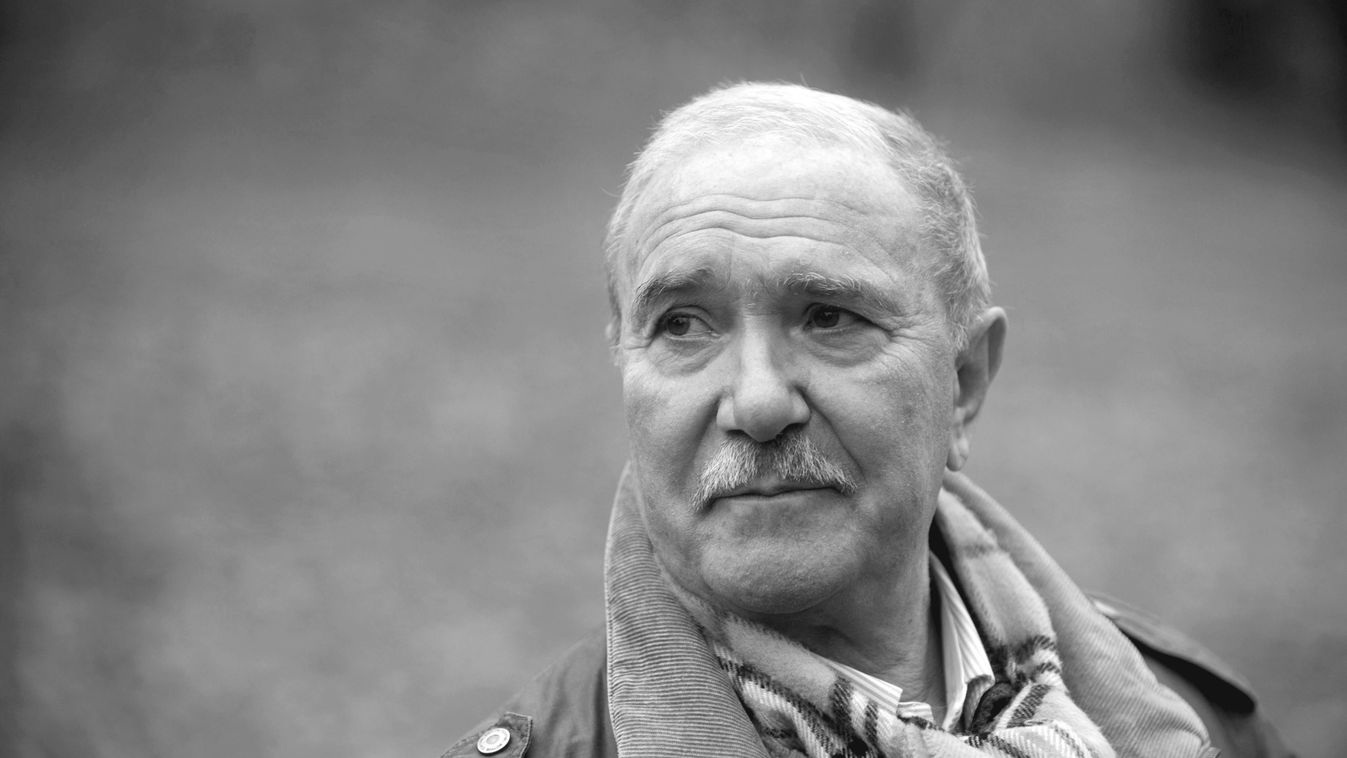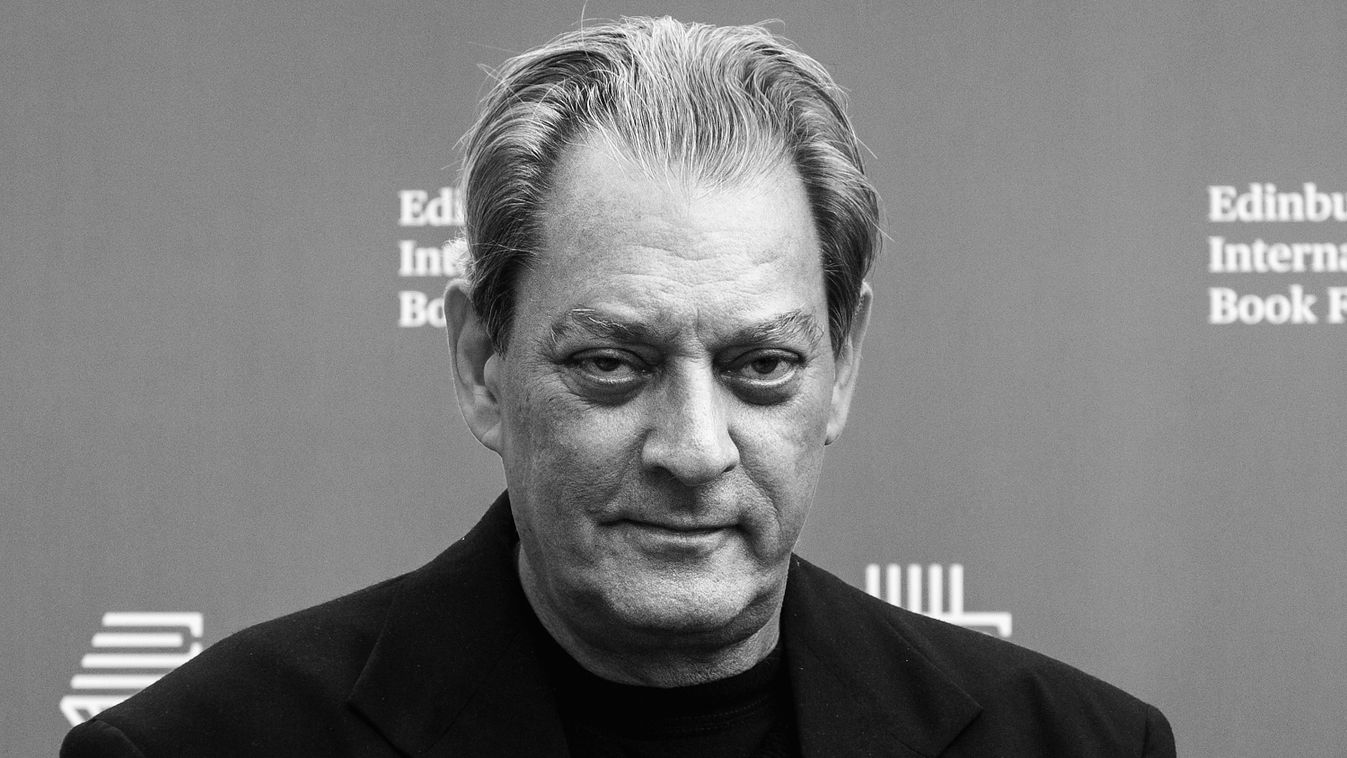„Do you choose the subjects of your books or do they choose you?
As far as I’m concerned, I believe the subject chooses the writer. I’ve always had the feeling that certain stories imposed themselves on me; I couldn’t ignore them, because in some obscure way, they related to some kind of fundamental experience—I can’t really say how. For example, the time I spent at the Leonico Prado Military School in Lima when I was still a young boy gave me a real need, an obsessive desire to write. It was an extremely traumatic experience which in many ways marked the end of my childhood—the rediscovery of my country as a violent society, filled with bitterness, made up of social, cultural, and racial factions in complete opposition and caught up in sometimes ferocious battle. I suppose the experience had an influence on me; one thing I’m sure of is that it gave rise to the great need in me to create, to invent.
Up until now, it’s been pretty much the same for all my books. I never get the feeling that I’ve decided rationally, cold-bloodedly to write a story. On the contrary, certain events or people, sometimes dreams or readings, impose themselves suddenly and demand attention. That’s why I talk so much about the importance of the purely irrational elements of literary creation. This irrationality must also, I believe, come through to the reader. I would like my novels to be read the way I read the novels I love. The novels that have fascinated me most are the ones that have reached me less through the channels of the intellect or reason than bewitched me. These are stories capable of completely annihilating all my critical faculties so that I’m left there, in suspense. That’s the kind of novel I like to read and the kind of novel I’d like to write. I think it’s very important that the intellectual element, whose presence is inevitable in a novel, dissolves into the action, into the stories that must seduce the reader not by their ideas but by their color, by the emotions they inspire, by their element of surprise, and by all the suspense and mystery they’re capable of generating. In my opinion, a novel’s technique exists essentially to produce that effect—to diminish and if possible abolish the distance between the story and the reader. In that sense, I am a writer of the nineteenth century. The novel for me is still the novel of adventures, which is read in the particular way I have described. (...)
As a writer, what do you think is your greatest quality and your biggest fault?
I think my greatest quality is my perseverance: I’m capable of working extremely hard and getting more out of myself than I thought was possible. My greatest fault, I think, is my lack of confidence, which torments me enormously. It takes me three or four years to write a novel—and I spend a good part of that time doubting myself. It doesn’t get any better with time; on the contrary, I think I’m getting more self-critical and less confident. Maybe that’s why I’m not vain: my conscience is too strong. But I know that I’ll write until the day I die. Writing is in my nature. I live my life according to my work. If I didn’t write, I would blow my brains out, without a shadow of a doubt. I want to write many more books and better ones. I want to have more interesting and wonderful adventures than I’ve already had. I refuse to admit the possibility that my best years are behind me, and would not admit it even if faced with the evidence.
Why do you write?
I write because I’m unhappy. I write because it’s a way of fighting unhappiness.”






















